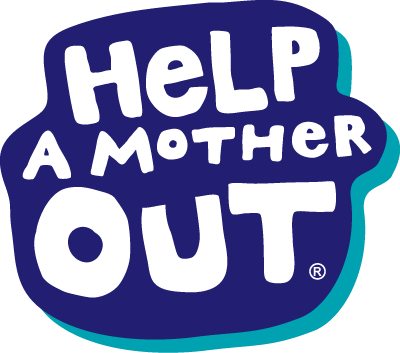If you are currently a parent to a young child and geek out over parenting books, you know that brain development is crucial during the first five years of life. Feed them whole milk yogurt, avocado, olive oil, whole grains, fruits and vegetables, organic! We try our best to feed our kids right, make sure they get enough activity and social interaction. Sometimes we may break the rules, but for the most part we do our best, with what we have.
What about the kids who aren’t as well off? How does stress from poverty – including experiencing homelessness, hunger, and lack of other basic needs, affect their development?
Over the weekend the American Association for the Advancement of Science (AAAS) held their annual meeting. Presented at the meeting was a panel on early childhood poverty and it’s long term affects.
Researchers presented findings that poverty-related stress from birth to age 5 can affect the neurobiology of the child – including how their genes are expressed, how their bodies release of hormones, both of which can have lasting results on physical and mental well being later in life.
One study looked at data from a 40-year demographic study on Americans from different household incomes:
They found “striking differences” in how the children’s lives turned out as adults, depending on whether they were poor or comfortably well-off before the age of six.
“Compared to children whose families had incomes of at least twice the poverty line during their early childhood, poor children complete two fewer years of schooling, work 451 fewer hours per year, earn less than half as much,” the study said.
They also received more than 800 dollars a year more in food stamps as adults, and were more than twice as likely to report poor overall health or high levels of psychological distress, the study said.
Poor children were also fatter than their more affluent counterparts, and were more likely to be overweight as adults.
Interestingly the study found that public policy matters.
The study also found that it was possible to positively shape the futures of poor children, by giving the families of under-fives additional income.
This was associated later in life with significantly higher adult earnings and work hours, and less need for state aid in the form of food stamps, the study found.
“The analysis indicates that policy makers might do well to focus on situations involving deep and persistent poverty early in childhood,” the study said.
We have acute problems today – the ranks of the “new poor” are rising, and family homelessness is on the brink of explosion. But the long term effects won’t be seen for quite some time. Affordable childcare and providing basic needs (food, shelter, healthcare, diapers!) for all children should matter to each and everyone of us.
The question remains, how much are we willing to act on it?
